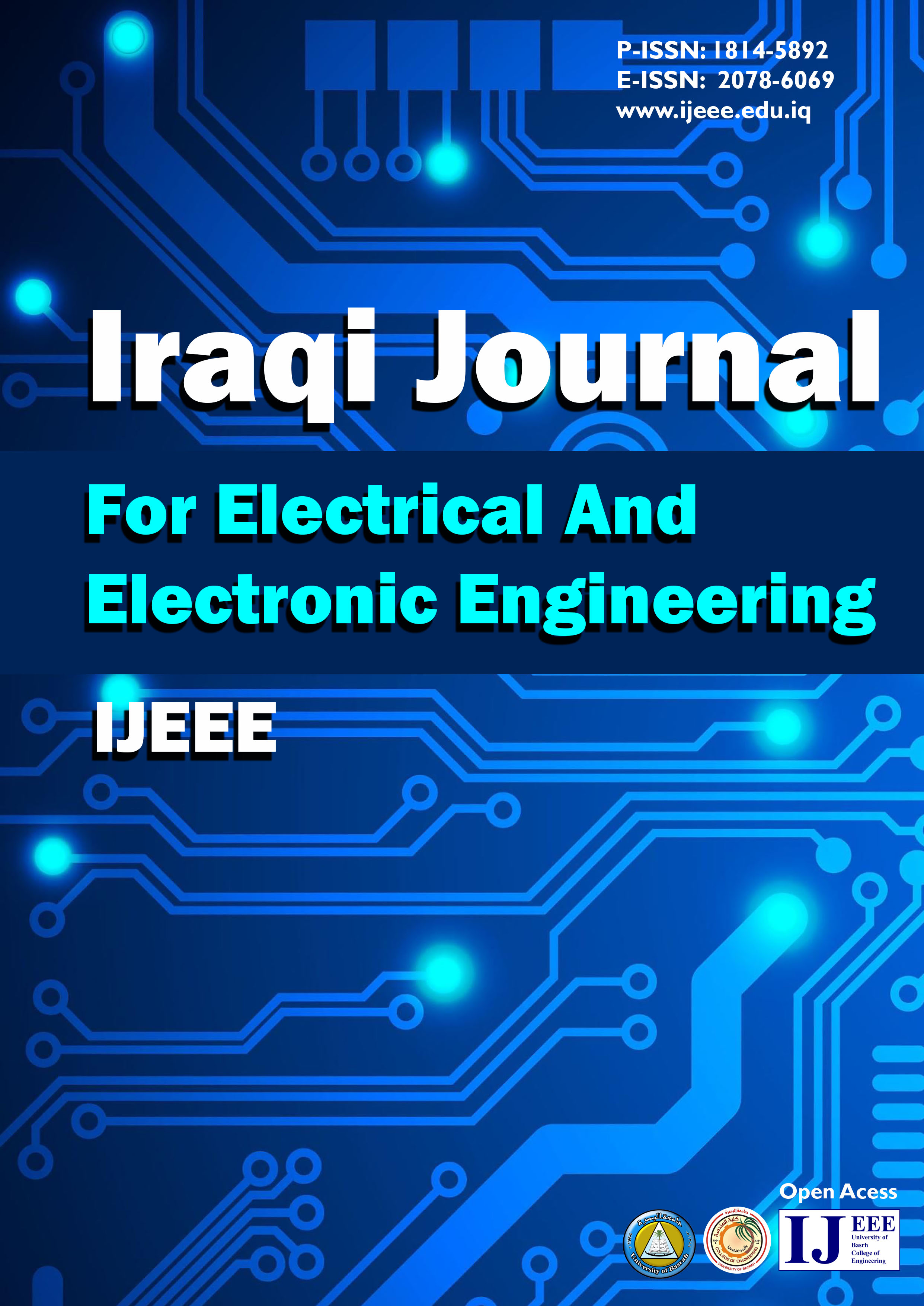Abstract
Navigational sensors are evolving
both on a commercial and research level.
However, the limitation still lies in the accuracy
of the respective sensors. For a navigation
system to reach a certain accuracy, multi sensors
or fusion sensors are used. In this paper, a
framework of fuzzy sensor data fusing is
proposed to obtain an optimised navigational
system. Different types of sensors without a
known state of inaccuracy can be fused using the
same method proposed. This is demonstrated by
fusing compass/accelerometer and GPS signal.
GPS has evolved as a choice of navigation
method for outdoor autonomous system. Despite
it emerging trend and application, one problem
remains is that it is still prone to inaccuracies
due to environmental factors. These factors are
available and evaluated in the GPS receiver
architecture. These inaccuracies are available in
the extracted NMEA(National Maritime
Electronics Association) protocols as SNR
(Signal to noise ratio) and HDOP (Horizontal
Dillusion of Precision). Dead reckoning sensors
on the other hand does not depend on external
radio signal coverage and can be used in areas
with low coverage. Unfortunately, the errors are
unbounded and has an accumulative effect over
time.
both on a commercial and research level.
However, the limitation still lies in the accuracy
of the respective sensors. For a navigation
system to reach a certain accuracy, multi sensors
or fusion sensors are used. In this paper, a
framework of fuzzy sensor data fusing is
proposed to obtain an optimised navigational
system. Different types of sensors without a
known state of inaccuracy can be fused using the
same method proposed. This is demonstrated by
fusing compass/accelerometer and GPS signal.
GPS has evolved as a choice of navigation
method for outdoor autonomous system. Despite
it emerging trend and application, one problem
remains is that it is still prone to inaccuracies
due to environmental factors. These factors are
available and evaluated in the GPS receiver
architecture. These inaccuracies are available in
the extracted NMEA(National Maritime
Electronics Association) protocols as SNR
(Signal to noise ratio) and HDOP (Horizontal
Dillusion of Precision). Dead reckoning sensors
on the other hand does not depend on external
radio signal coverage and can be used in areas
with low coverage. Unfortunately, the errors are
unbounded and has an accumulative effect over
time.
